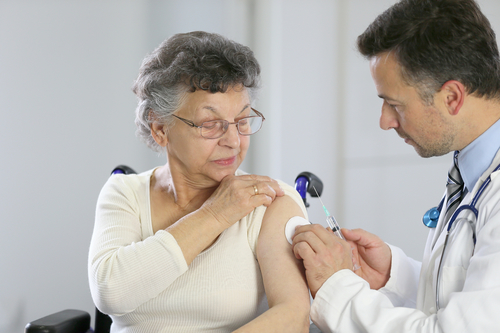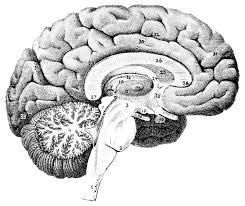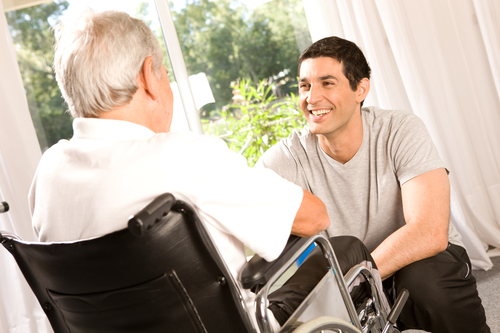
Arthritis is a real problem. Most people think it’s a part of getting older, which is slightly true, but you don’t have to just accept it’s going to happen to you. There are ways to deal with arthritis.

6 Ways to Deal with Arthritis
You can handle arthritis with the right combo of exercise, medications, and lifestyle changes.
1. Medications
Medications are a key part because they relieve pain, inflammation, suppress the immune system, and minimize joint damage. It’s good to know why you are taking the medicine and how helpful it will be.
Also, keep a list of what you are taking, how well they are working, and any side effects you may have.
2. Diet
A balanced diet can help make you feel better overall. If you are overweight, that can lead to more stress and pressure on your joints.
3. Exercise
This is essential to deal with arthritis. It can reduce pain, maintain joint mobility, strengthen muscles, and improve posture and balance. You should exercise daily if you can.
It can be tempting not to exercise because of pain or if you want to protect your body, but you need to move. Regular movement is key to pain management.
4. Dealing with Pain
You can handle pain using hot or cold packs, massage, acupuncture, relaxation techniques, or distracting yourself.
5. Fighting Fatigue
Take it easy as you go about your day. Split up your tasks so that you don’t overwhelm yourself. Use any tools that are at your disposal that can make things go smoother.
6. Holistic Methods
There are a lot of holistic methods you can use to help with arthritis. You can use vitamins, mineral supplements, and herbal medicines. Though there is no scientific evidence that they actively help. Some may interact with your medications negatively.
Read more here.


















